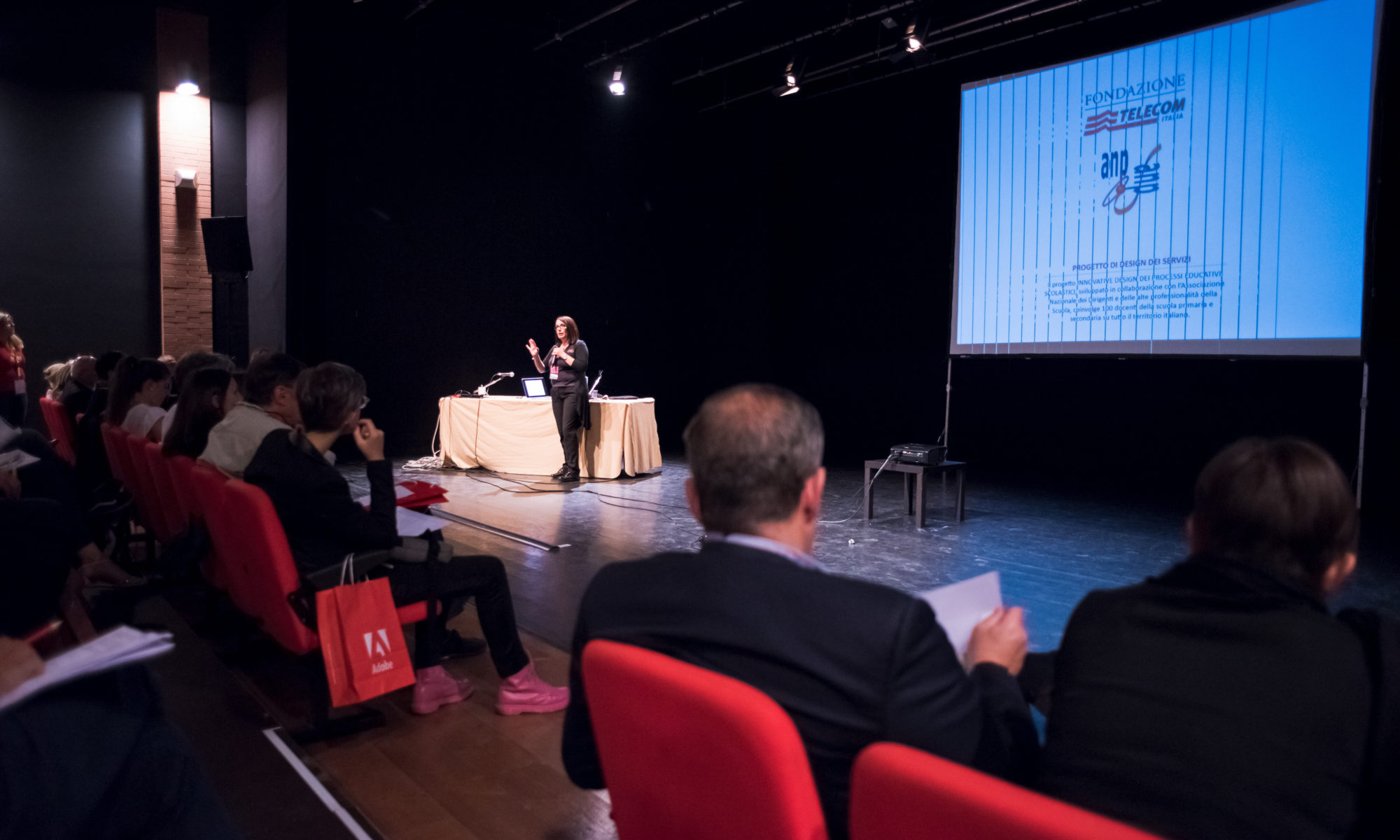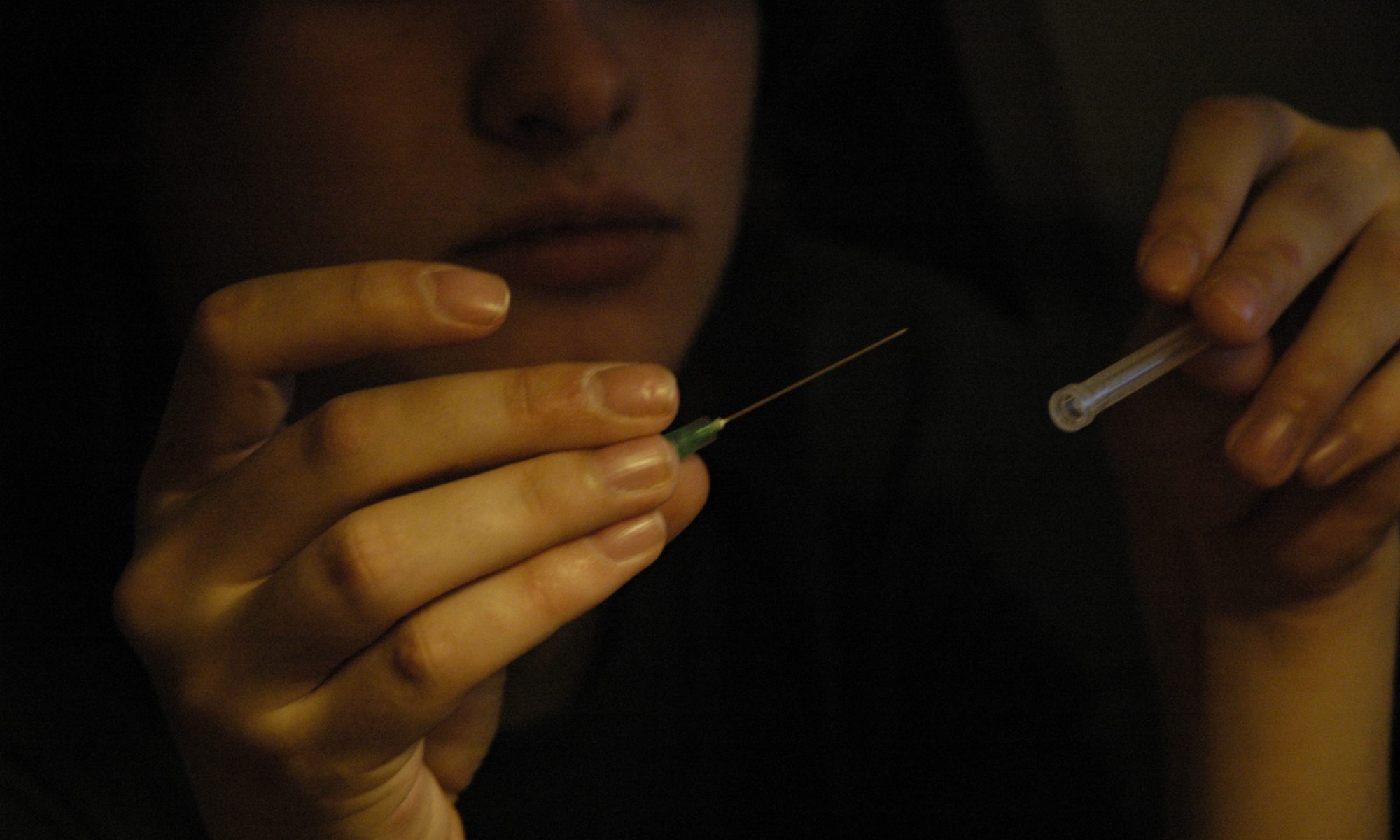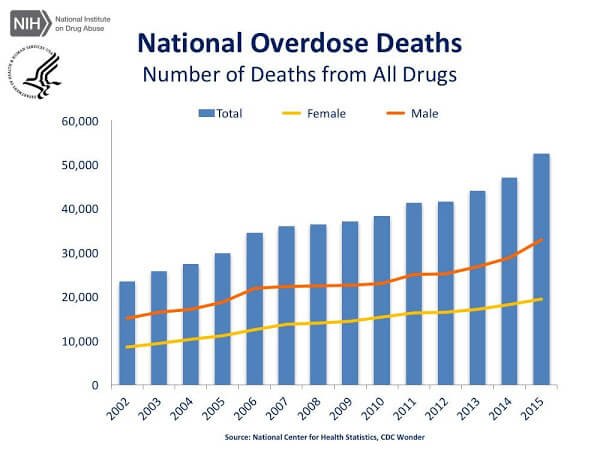What Is the Pink Cloud?
When you are newly sober, you go through a wide range of emotions. When I completed treatment at Best Rehabs In Arizona, I felt like I could take on the world. I had gone from being a hopeless alcoholic to being full of energy and ready to take on any challenge.
For newly sober people, this is referred to as the pink cloud syndrome. The signs and symptoms of pink cloud syndrome include feeling overly confident and elated. There are positive elements of a pink cloud, but it can also lead you to slip up if you are not careful.
It’s important to feel accomplished once you’ve become sober. It’s a huge achievement. A lot of addicts never get to experience what it’s like to overcome your addiction. There are many positive elements of a pink cloud, but you have to be careful.
There is a big risk of relapse in pink cloud thinking. While it feels great to be newly sober, it can be scary as well. Your emotions can flip from moment to moment. It’s very important to recognize that when you are newly sober, you are vulnerable.
You did not expect to feel the feelings that you are experiencing. I expected my recovery to be a bigger struggle. Not to make it sound like it wasn’t, but I didn’t anticipate the pink cloud.
I struggled with feelings of guilt as well. It was almost like a survivor’s guilt of some kind. Why was I able to get sober yet so many other people can’t? First of all, you should never feel guilty because you got clean and someone else didn’t.
If you manage to overcome your addiction, you deserve all the happiness that you can get. It’s difficult to achieve and you don’t understand that until you’ve experienced it. You should expect the unexpected. Not only will getting sober be a tough challenge, but it’s also a very unique one. There is going to be vulnerability no matter what.
This vulnerability can make you think a lot of things. There is a chemical understanding of the pink cloud that you must have. Because your brain is still recovering from the damage done during your addiction, you have good days and bad days.
On your good days, you think you’ll never get high or drunk again. On your bad days, it takes every last ounce of effort for you to not relapse. The pink cloud can be very deceiving.
The roller coaster of emotions can be very difficult to deal with, and it may make you want to give in and throw away your progress. This is where aftercare planning becomes very crucial. If you don’t have a plan in place, you can be in danger of relapse.
Long-term sobriety takes a lot of work. The longer you are sober, the more likely you are to remain sober. This is not always the case for everybody. I’ve met plenty of people who have been sober for decades and one slip up makes them go right back to their old ways.
Sobriety is tricky, and it really is a day-by-day process. On your bad days, it can take everything in you to not use again. There are pitfalls of pink cloud thinking. The pink cloud can go away as quickly as it begins. How long can a pink cloud last? It’s different for everyone. Everybody’s sobriety journey looks a little bit different even if there are similarities.
When I first got sober, everything seemed easy. I thought it was too good to be true, and it was. When I left Best Rehabs In Arizona, the last thing I wanted to do was drink. The idea of drinking made me nauseous.
I could taste the alcohol on my lips and it made me sick to my stomach. I felt energized for the first time in years. I started to allow myself to think that I had totally defeated my addiction. It was over and done with.
I was never going to drink again. Then, after one bad day, I got the urge. It was very disappointing for me to go through that and realize that I had been thrown off the pink cloud. I didn’t relapse, but I came very close.
Paint It Pink: Long Term Sobriety

No matter how well you are doing in your recovery, achieving long-term sobriety is a full-time job. If you aren’t willing to put in the work, it will be hard to stay on the right track.
Because of aftercare services and therapy, I have learned some good tips for managing pink cloud syndrome. First and foremost, you have to live moment to moment. When you start thinking too far ahead, it can really mess you up.
Each day, your goal should be to not drink or get high on that specific day. Don’t worry about tomorrow. Tomorrow will come and you will have the opportunity to deal with it when that time comes.
It’s important to have a balance in your life. Avoid extreme emotions. When you are using drugs or alcohol, you are living on both extremes. You have high highs and low lows.
If you can find a way to manage your emotions and the way you react, you will teach yourself the power of rational thinking. Cultivating a healthy lifestyle will help you achieve this.
Developing healthy eating habits and engaging in physical activity is great not just for your body, but your overall mental health as well. If your mental health is in a good place, you have a great advantage.
Leaving behind the pink cloud and settling into your new lifestyle may be difficult, but it is a natural process. You’re not going to feel like Superman forever.
Eventually, sobriety just becomes another aspect of your life. It’s not the new thing in your life that’s bright and shiny. You have to remember that life ebbs and flows, and you are going to have challenges in the future. Taking on these challenges with a clear mind and a positive attitude is all part of living a sober lifestyle.
The 12 steps are a great outlet for you to learn about the pink cloud warnings. Anyone familiar with the 12 steps has heard about the pink cloud. If you are over-confident in your sobriety, it can give you a cocky attitude.
You don’t think you have a problem anymore. What meetings will help you realize is that you are not above your addiction, even if you have those fleeting moments where you feel that you are.
Meetings and therapy are a great way to keep you in check and bring down your ego a notch or two. I constantly have to remind myself that I am powerless against my addiction. The triggers for the pink cloud syndrome can affect anyone in recovery.
Leaving Behind The Pink Cloud

For all of us in recovery, there are plenty of occasions when we need to pick each other up. The pink cloud may make you feel all-powerful, but your peers in recovery will help you understand that these feelings will not last forever.
The ups and downs of sobriety vary from person to person, and there is no real handbook to follow. When you are newly sober, it’s a rollercoaster. Once my pink cloud went away, I was hanging on by a thread. It took everything in me not to get high.
When I think back on those days, I have a better understanding of how to help those who have just begun their journey. I know how I feel when I’m having an off day. It’s a very vulnerable position to be in.
Knowing that there are people in your corner who will help you through it can give you just enough of a boost to come out on the other end. However long you last on your pink cloud, you will still require the tools needed to maintain your sobriety once you jump off of it.
We all need affirmation from time to time. We need to be reminded by the people we respect that we are on the right track. The addiction peer support that I’ve received has given me an opportunity to maintain a righteous path.
The addiction support my family has received has only made things easier for all of us. They know when I am in need of help. They can see the signs. When I’m in a dark headspace, they know how to help lift me out of it.
Rehab romance and pink cloud thinking are very real. You have to understand and respect the process in order to keep moving forward. I take every experience I’ve had and every story I hear very seriously.
The moments of weakness are just as important to the process as the moments of strength. It’s been a wild ride for me, but I wouldn’t change a thing. We all need to keep our heroes close. You never know when you might need them.



















 If you or a loved one is suffering from an addiction this article will cover a perspective proven through clinical studies that you must not miss. Society in general has led addicts to feel ashamed of the insidious affliction they suffer from, and the stigma can contribute to both addiction and loneliness. Addicts cause pain and confusion in themselves and anyone that truly deeply cares for them.
If you or a loved one is suffering from an addiction this article will cover a perspective proven through clinical studies that you must not miss. Society in general has led addicts to feel ashamed of the insidious affliction they suffer from, and the stigma can contribute to both addiction and loneliness. Addicts cause pain and confusion in themselves and anyone that truly deeply cares for them. 